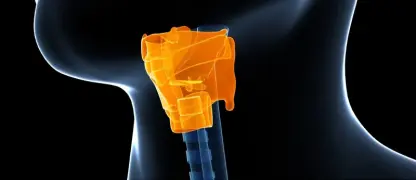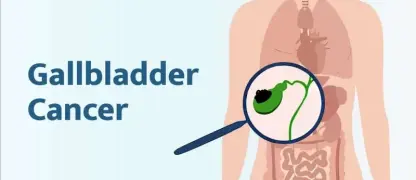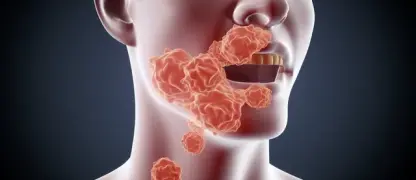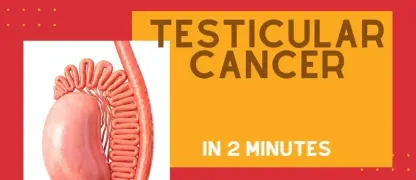Is swallowing sometimes difficult or painful? Don't ignore this subtle sign. Understanding the risks and early symptoms of esophageal cancer is your most powerful tool for early detection and improving the chances of successful treatment. Get the facts you need now.
What are the main causes of Esophageal Cancer?
- Chronic acid reflux (GERD) can damage the esophageal lining, leading to a precancerous condition called Barrett's esophagus, a major risk for adenocarcinoma.
- Heavy, long-term use of tobacco and alcohol are leading causes of esophageal cancer, particularly the squamous cell carcinoma of esophagus type.
- A diet low in fruits and vegetables, along with obesity, significantly increases the risk of developing adenocarcinoma of the esophagus due to associated inflammation.

Key symptoms of Esophageal Cancer to watch for
- The most common symptom is dysphagia, or difficulty swallowing, which often starts with solid foods and progresses to liquids as the tumor grows larger.
- Significant, unintentional weight loss is a major red flag, often occurring because painful swallowing makes it difficult to eat enough to maintain body weight.
- Persistent heartburn, indigestion, chest pain or pressure, and a hoarse cough that doesn't go away can all be late-stage esophageal cancer symptoms.
How can you prevent Esophageal Cancer effectively?
- Avoid tobacco products and limit alcohol consumption, as these are two of the most significant and preventable risk factors for developing this type of cancer.
- If you suffer from chronic heartburn, seek treatment to manage acid reflux, which can help prevent the progression to Barrett's esophagus and cancer.
- Maintain a healthy weight and eat a diet rich in fruits and vegetables to reduce your overall cancer risk and support long-term esophageal health.
>>> Discover more: Preventing cervical cancer - The role of HPV vaccination
Image of Esophageal Cancer Tumor
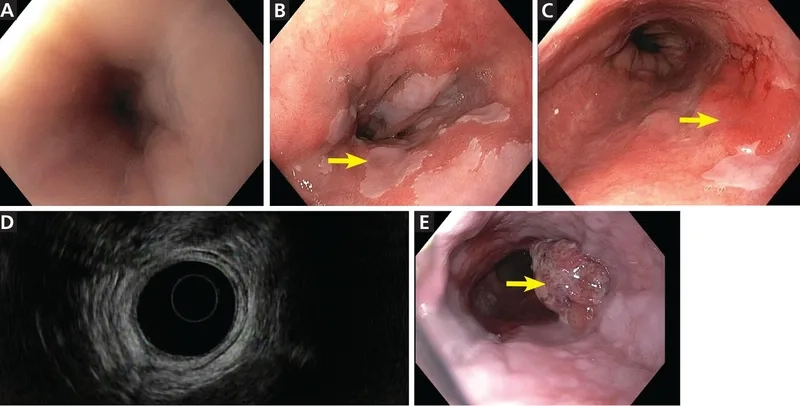







>>> Don't miss: Brain cancer - Recognizing the early signs and symptoms
The esophageal cancer survival rate is much higher when caught in the early stages. If you experience persistent difficulty swallowing or other symptoms, see a doctor immediately. Early diagnosis is critical for effective esophageal cancer treatment and a better prognosis.
>>> See more: Stomach cancer - Risk factors and early detection methods



